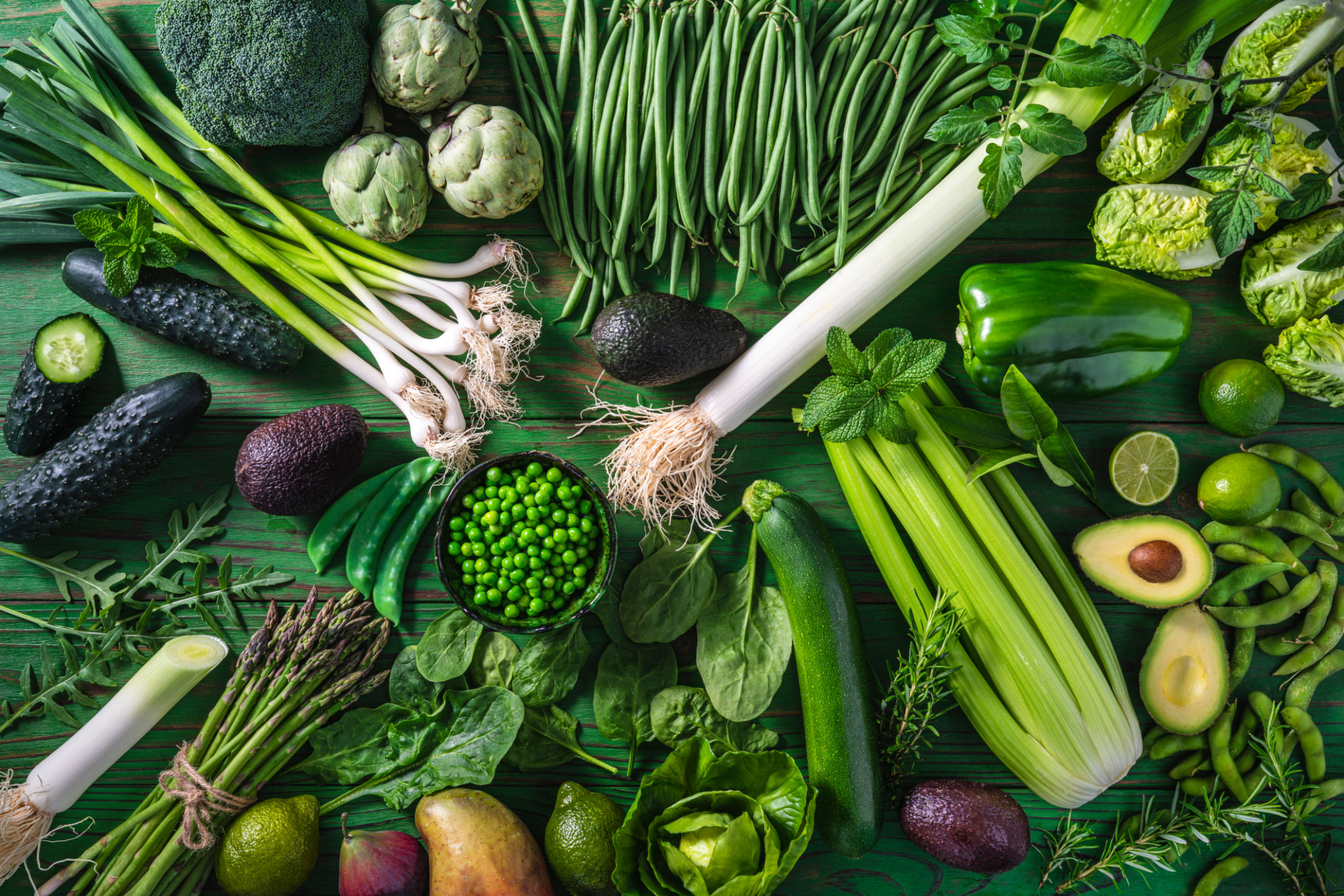Seasonal Sports Nutrition: Preparing for Peak Performance Year-Round
Understanding Seasonal Sports Nutrition
As athletes and fitness enthusiasts strive for peak performance, understanding the role of seasonal sports nutrition becomes essential. The body's nutritional needs vary throughout the year, influenced by weather changes, training intensity, and competitive seasons. By adapting your diet to these fluctuations, you can enhance performance and recovery.

Winter Nutrition: Building a Strong Foundation
During the winter months, athletes often focus on building strength and endurance. Cold weather and shorter days can lead to decreased activity levels, making it crucial to maintain a balanced diet rich in carbohydrates, proteins, and healthy fats. Carbohydrates provide the energy needed to fuel workouts, while proteins support muscle repair and growth.
Incorporating seasonal produce like root vegetables, citrus fruits, and leafy greens can boost your immune system and supply essential vitamins and minerals. Staying hydrated is just as important in winter as in summer, so ensure you drink plenty of water throughout the day.
Spring Nutrition: Transitioning to Higher Intensity
As spring arrives, many athletes shift their focus to more intense training sessions. This season is an ideal time to increase your intake of lean proteins such as chicken, fish, and plant-based options like legumes and tofu. These proteins support muscle recovery and growth, essential for handling increased workout demands.
Spring also brings an abundance of fresh fruits and vegetables, providing antioxidants that combat exercise-induced oxidative stress. Include a variety of colorful produce in your meals to take advantage of their health benefits.

Summer Nutrition: Staying Cool and Hydrated
The summer heat presents unique challenges for athletes, with hydration being a top priority. Dehydration can significantly impact performance, so it’s crucial to drink water regularly and consider electrolyte-rich beverages for intense activities. Foods with high water content, such as cucumbers, watermelon, and berries, can also help maintain hydration.
Light, easily digestible meals are typically preferred in summer. Focus on salads, grilled lean meats, and whole grains to provide sustained energy without feeling weighed down. Don’t forget to protect your skin from sun exposure with sufficient sunscreen application.
Fall Nutrition: Preparing for Competition
As fall approaches, many athletes enter their competitive season. This period requires strategic nutrition planning to maintain energy levels and optimize performance. Complex carbohydrates like oats, quinoa, and sweet potatoes can provide the long-lasting energy needed for competitions.

Focus on nutrient-dense foods that support recovery and immune health, such as nuts, seeds, and dark leafy greens. Incorporating omega-3-rich foods like salmon or flaxseeds can also reduce inflammation from intense training sessions.
Adapting Nutrition for Individual Needs
While seasonal guidelines provide a framework for sports nutrition, individual needs may vary based on personal goals, body type, and specific sporting demands. Consulting with a sports nutritionist can help tailor a plan that meets your unique requirements.
Regularly assessing your nutrition strategy and making adjustments as needed ensures that you stay on track for optimal performance throughout the year. Remember that the key to success lies in consistency and attentiveness to your body’s signals.